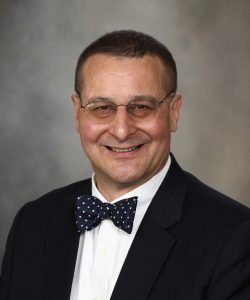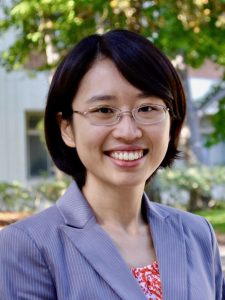
This event is part of the Penn Institute for Immunology Colloquium seminar series in conjunction with the Department of Bioengineering.
Speaker: Yvonne Chen, Ph.D.
Associate Professor, Microbiology, Immunology & Molecular Genetics
University of California, Los Angeles
Date: Tuesday, November 17, 2020
Time: 4:00-5:00 PM EST
This event will be held virtually on Bluejeans.
Title: “Engineering Next-Generation CAR-T Cells for Cancer Immunotherapy”
Abstract:
The adoptive transfer of T cells expressing chimeric antigen receptors (CARs) has demonstrated clinical efficacy in the treatment of advanced cancers, with anti-CD19 CAR-T cells achieving up to 90% complete remission among patients with relapsed B-cell malignancies. However, challenges such as antigen escape and immunosuppression limit the long-term efficacy of adoptive T-cell therapy. Here, I will discuss the development of next-generation T cells that can target multiple cancer antigens and resist immunosuppression, thereby increasing the robustness of therapeutic T cells against tumor defense mechanisms. Specifically, I will discuss the development of multi-input receptors and T cells that can interrogate intracellular antigens. I will also discuss the engineering of T cells that can effectively convert TGF-beta from a potent immunosuppressive cytokine into a T-cell stimulant. This presentation will highlight the potential of synthetic biology in generating novel mammalian cell systems with multifunctional outputs for therapeutic applications.
Bio:
Dr. Yvonne Chen is an Associate Professor of Microbiology, Immunology, and Molecular Genetics at the University of California, Los Angeles. She is also a faculty, by courtesy, in the Department of Chemical and Biomolecular Engineering. The Chen Laboratory focuses on applying synthetic biology and biomolecular engineering techniques to the development of novel mammalian-cell systems. The Chen Lab’s work on engineering next-generation T-cell therapies for cancer has been recognized by the NIH Director’s Early Independence Award, the NSF CAREER Award, the Hellman Fellowship, the ACGT Young Investigator Award in Cell and Gene Therapy for Cancer, the Mark Foundation Emerging Leader Award, and the Cancer Research Institute Lloyd J. Old STAR Award. Prior to joining UCLA in 2013, Yvonne was a Junior Fellow in the Harvard Society of Fellows. She received postdoctoral training at the Center for Childhood Cancer Research within the Seattle Children’s Research Institute, and in the Department of Systems Biology at Harvard Medical School. Yvonne received her B.S. in Chemical Engineering from Stanford University and her Ph.D. in Chemical Engineering from the California Institute of Technology.

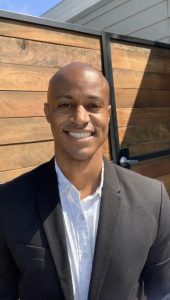
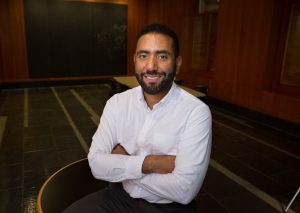
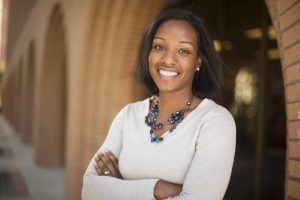

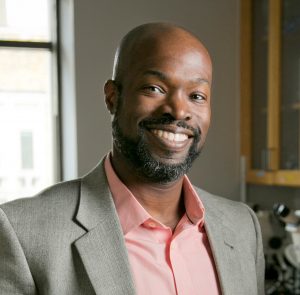
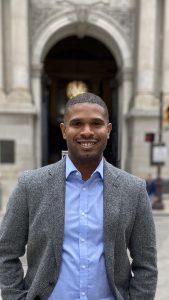
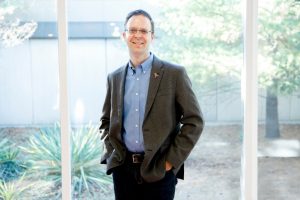
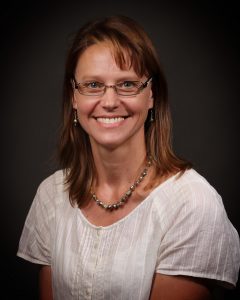 Speaker: Tara L. Deans, Ph.D.
Speaker: Tara L. Deans, Ph.D.